Beetroot, with its vibrant red hue and earthy flavor, is more than just a root vegetable. Packed with essential nutrients and unique health-boosting compounds, beetroot has earned its place as a superfood. Whether consumed raw, cooked, or juiced, this versatile vegetable offers an array of benefits that contribute to overall health and well-being. In this blog, we explore beetroot’s nutrition value, health benefits, and diverse uses.
Table of Contents
Nutritional Value of Beetroot
Here is the nutritional profile of one cup (136 grams) of raw beetroot:
| Nutrient | Amount per Cup (136g) |
|---|---|
| Calories | 58 kcal |
| Protein | 2.2 g |
| Fat | 0.2 g |
| Carbohydrates | 13 g |
| Fiber | 3.8 g |
| Vitamin C | 6 mg (10% DV) |
| Folate (Vitamin B9) | 148 mcg (37% DV) |
| Potassium | 442 mg (13% DV) |
| Magnesium | 31 mg (8% DV) |
| Iron | 1.1 mg (6% DV) |
| Nitrates | ~250 mg |
Beetroot is also rich in antioxidants such as betalains, which are responsible for its deep red color and many of its health benefits.
Health Benefits of Beetroot
1. Improves Heart Health
Beetroot is a rich source of dietary nitrates, which are converted into nitric oxide in the body. Nitric oxide helps relax and dilate blood vessels, improving blood flow and lowering blood pressure. Regular consumption of beetroot can reduce the risk of cardiovascular diseases.
2. Enhances Athletic Performance
The natural nitrates in beetroot improve oxygen efficiency, boosting endurance and stamina. Athletes often consume beetroot juice to enhance performance and delay fatigue during high-intensity workouts.
3. Supports Digestive Health
High in fiber, beetroot promotes healthy digestion and regular bowel movements. It also supports gut health by acting as a prebiotic, fostering the growth of beneficial gut bacteria.
4. Boosts Brain Function
Improved blood flow due to nitric oxide production also benefits brain health. Beetroot may enhance cognitive function, memory, and focus, making it particularly beneficial for older adults at risk of dementia.
5. Helps Manage Weight
Low in calories and high in fiber, beetroot can be a valuable addition to weight management diets. It provides satiety while delivering essential nutrients.
6. Supports Detoxification
Beetroot contains betalains, which support the liver’s natural detoxification processes. These compounds help neutralize toxins and promote the elimination of waste from the body.
7. Improves Skin Health
Rich in antioxidants and vitamin C, beetroot fights oxidative stress and promotes collagen production. It helps maintain healthy, glowing skin and reduces signs of aging.
8. Regulates Blood Sugar Levels
The natural sugars in beetroot have a low glycemic index, meaning they are absorbed slowly, preventing spikes in blood sugar levels. This makes beetroot suitable for diabetics when consumed in moderation.
9. Reduces Inflammation
Beetroot’s betalains and antioxidants have anti-inflammatory properties that can help reduce chronic inflammation, benefiting conditions like arthritis and inflammatory bowel disease.
10. May Help Prevent Cancer
Betalains have shown potential in inhibiting cancer cell growth in various studies. While more research is needed, beetroot’s antioxidant properties make it a promising dietary addition for cancer prevention.
Culinary Uses of Beetroot
Beetroot’s versatility makes it a favorite in a variety of dishes. Here are some popular ways to use beetroot in your meals:
1. Raw in Salads
Grate or thinly slice raw beetroot and mix it into salads for a crunchy, vibrant addition.
Pair it with ingredients like goat cheese, arugula, and walnuts for a classic combination.
2. Juices and Smoothies
Blend beetroot with fruits like apples, carrots, and oranges for a refreshing juice.
Add it to smoothies for a nutrient boost and a vibrant color.
3. Roasted
Roast beetroot with olive oil, salt, and herbs for a caramelized, sweet flavor. It’s a perfect side dish or salad topping.
4. Soups
Use beetroot as the base for soups like the traditional Eastern European borscht.
Combine it with coconut milk and ginger for a creamy, flavorful soup.
5. Pickled
Pickled beetroot makes a tangy addition to sandwiches, burgers, and salads.
6. Baked Goods
Use beetroot puree in baked goods like brownies or cakes to add moisture and a natural red hue.
7. Beet Chips
Thinly slice beetroot, season with spices, and bake for a healthy, crispy snack.
Beauty and Medicinal Uses of Beetroot
1. Natural Skin Care
Beetroot juice can be applied topically to improve skin tone and reduce blemishes. Mix it with honey or yogurt for a nourishing face mask.
2. Hair Care
Beetroot juice can help reduce dandruff and promote a healthy scalp when applied directly or mixed with carrier oils.
3. Traditional Medicine
In traditional medicine, beetroot is used to treat anemia, liver disorders, and fatigue due to its rich nutrient profile.
Tips for Selecting and Storing Beetroot
Choosing Beetroot:
-Look for firm, smooth beets with a deep red color and fresh, green leaves.
-Avoid beets with soft spots or shriveled skin.
Storing Beetroot:
-Store unwashed beets in the refrigerator for up to two weeks.
-Trim the leaves, leaving an inch of the stem, to prevent moisture loss.
Precautions and Considerations
1. Beeturia:
Eating beetroot may cause pink or red urine and stool in some individuals. This harmless condition, known as beeturia, is due to beetroot’s natural pigments.
2.Oxalates:
Beetroot contains oxalates, which may contribute to kidney stone formation in susceptible individuals. Consult a doctor if you have a history of kidney stones.
3.Allergies:
Rarely, some people may experience allergic reactions to beetroot. Discontinue use if you notice any adverse effects.
Fun Facts About Beetroot
Ancient Romans used beetroot as a natural aphrodisiac.
The pigment betalain is used as a natural food dye in candies, beverages, and more.
Beetroot was first cultivated by the Babylonians around 800 BC
Conclusion
Beetroot is a nutritional powerhouse with a wide range of health benefits and culinary applications. Its rich content of vitamins, minerals, and antioxidants makes it a valuable addition to any diet. Whether you enjoy it raw, roasted, juiced, or as part of beauty routines, beetroot offers a vibrant, health-boosting experience. Embrace this versatile vegetable to enhance your meals and improve your overall well-being.

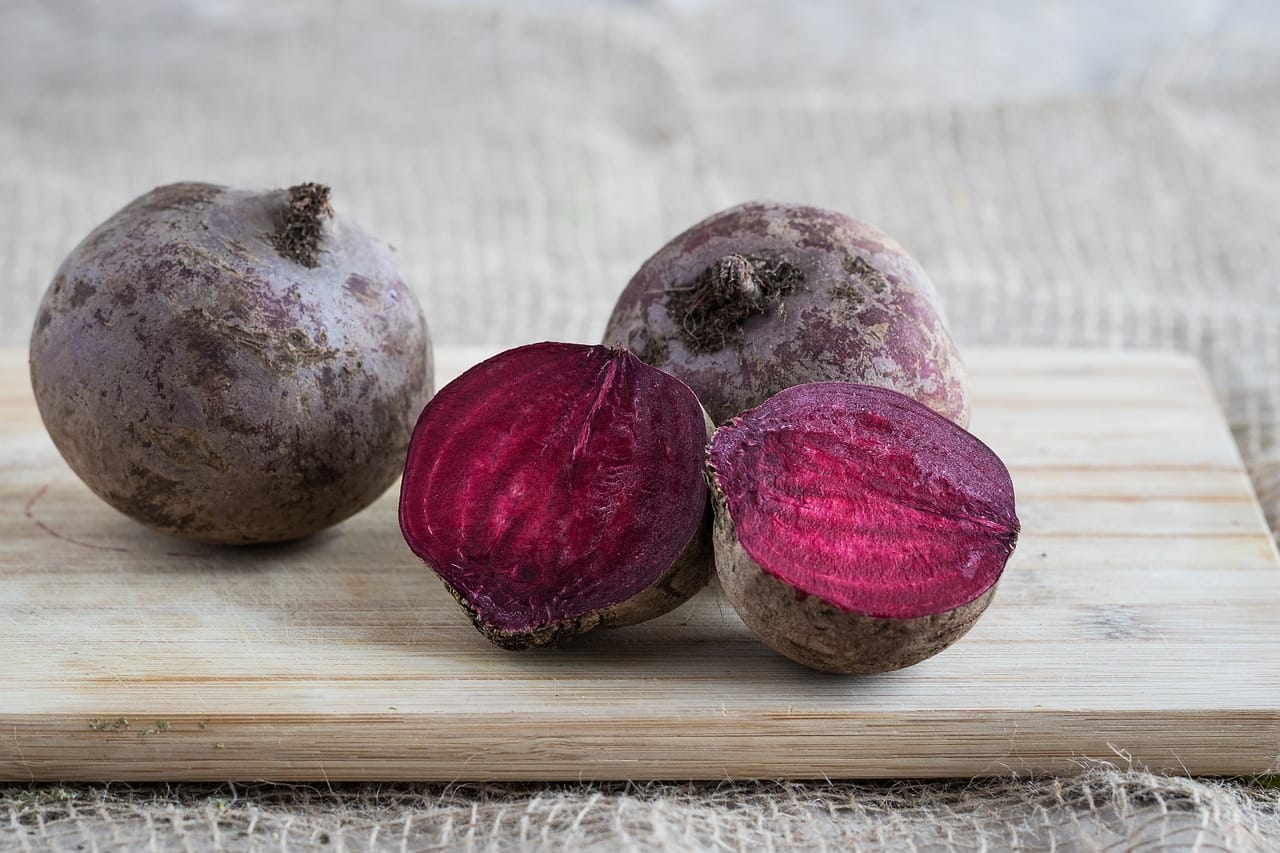
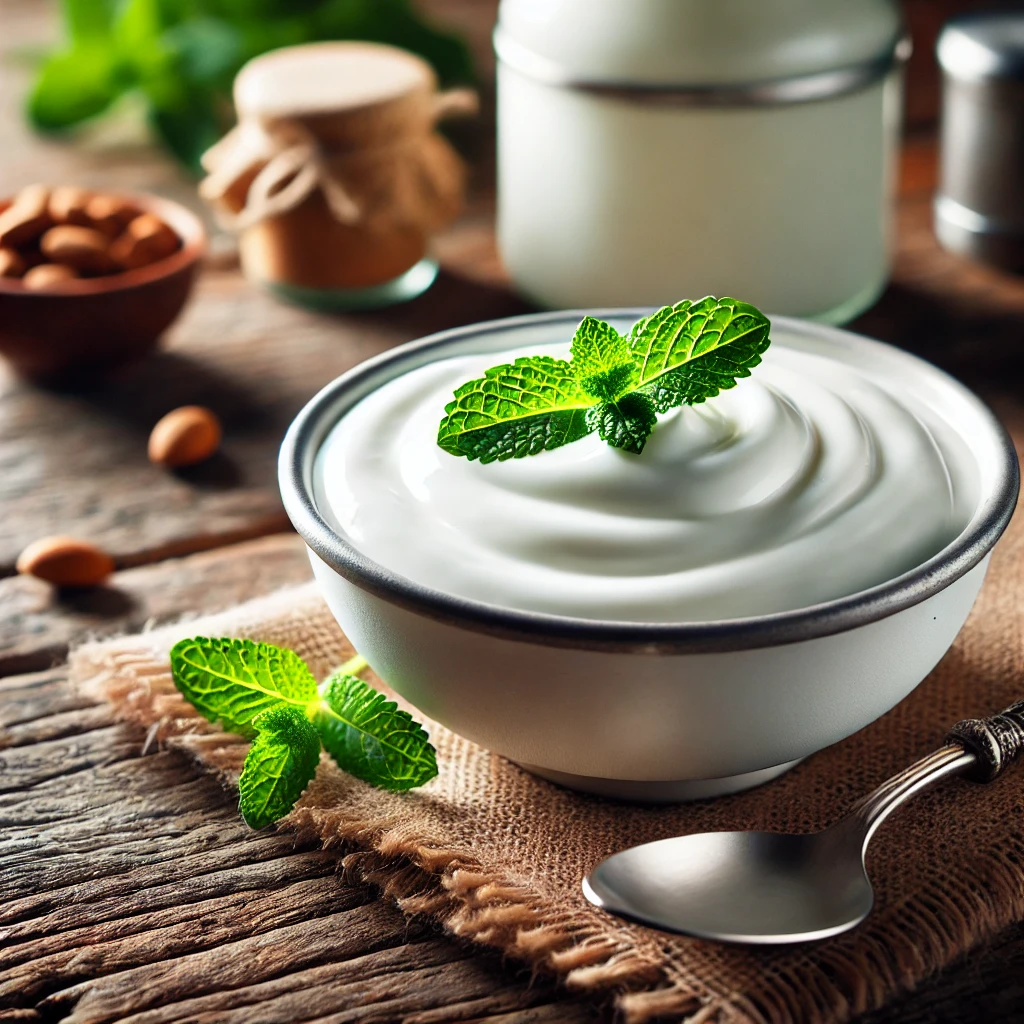
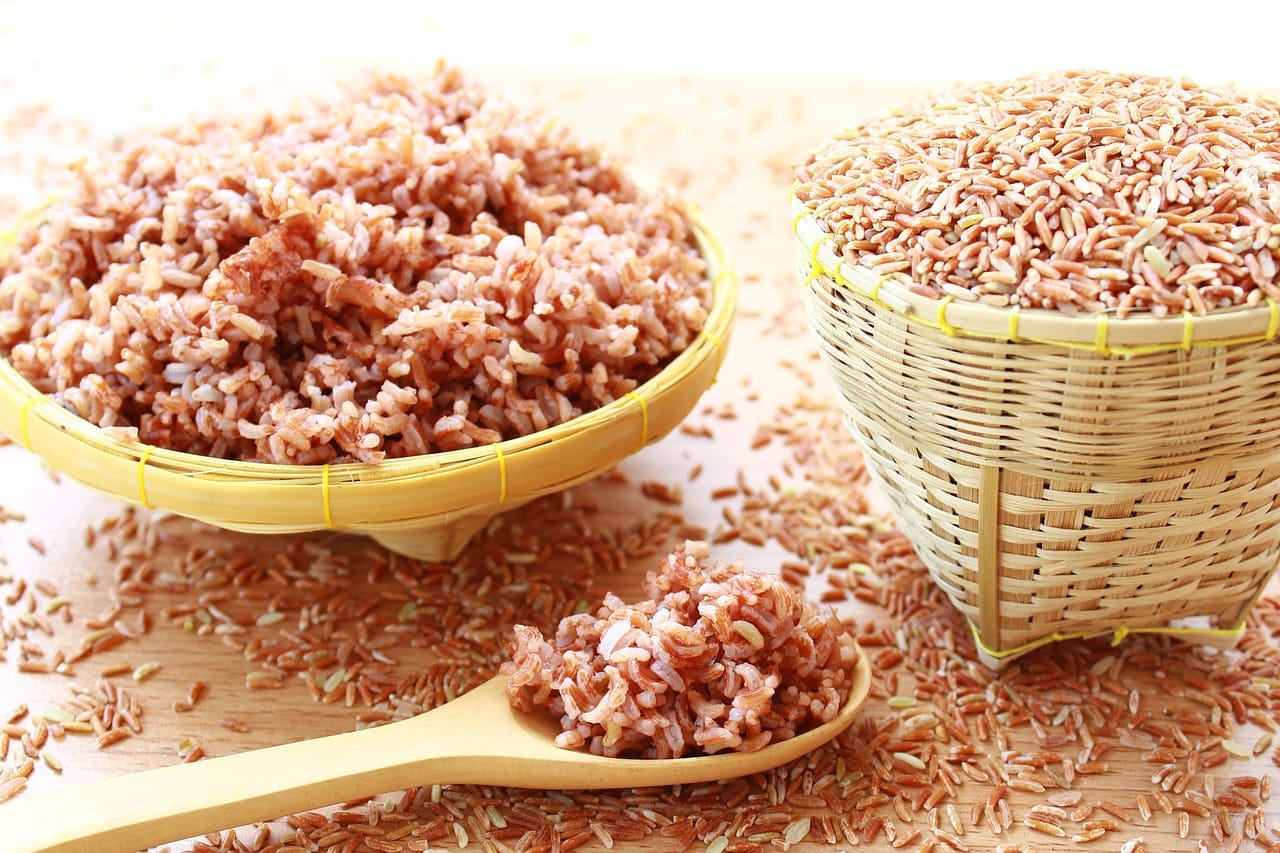
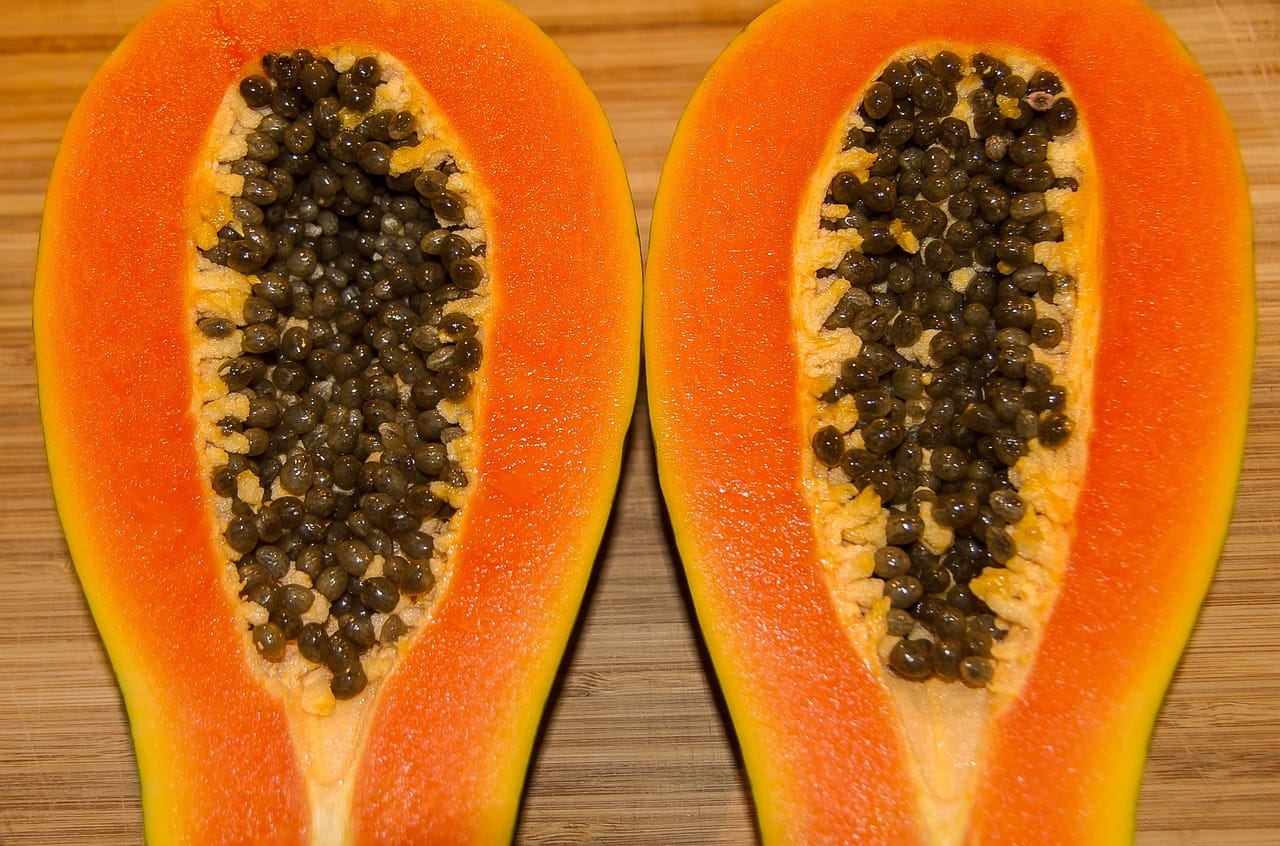
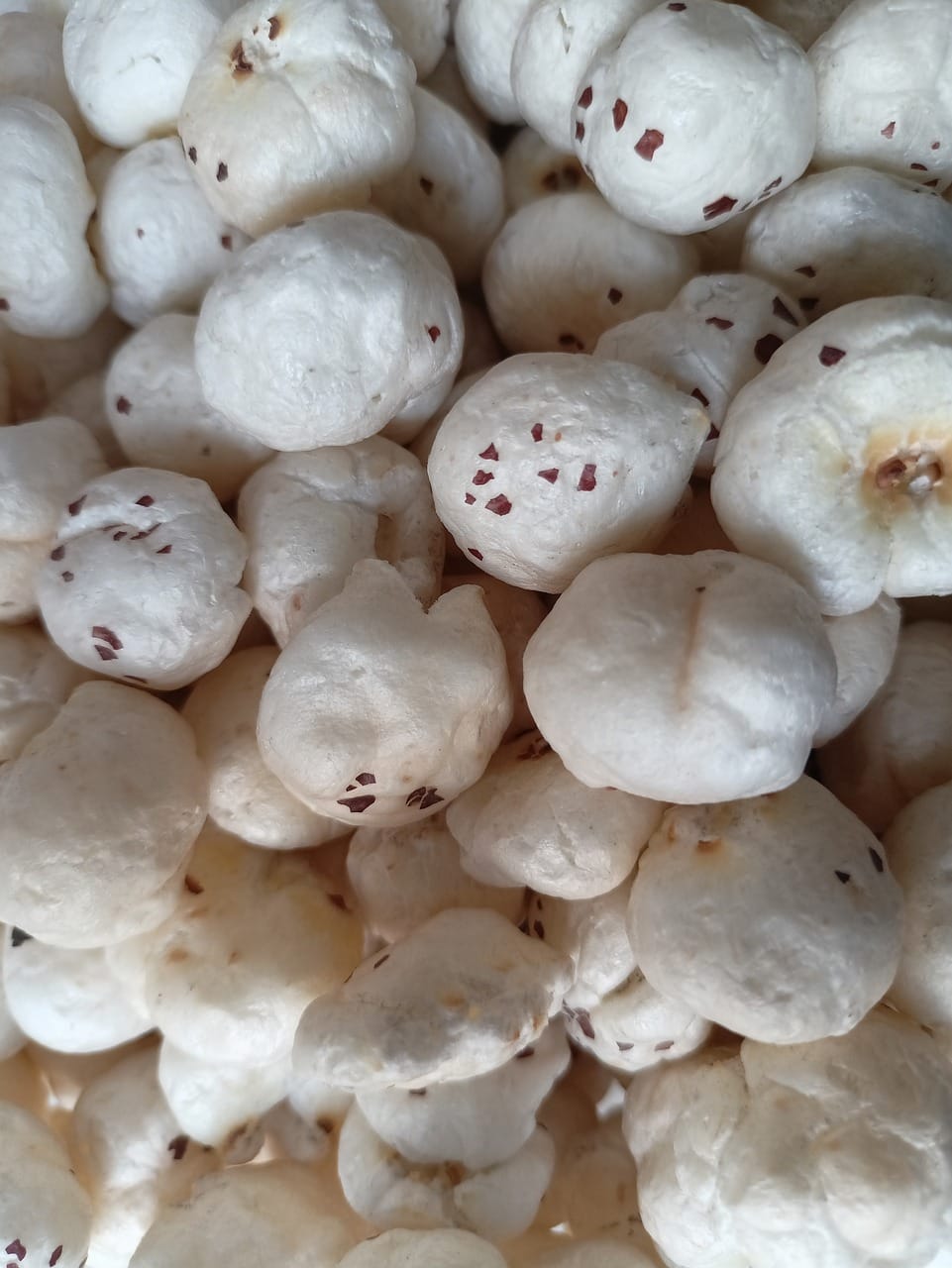

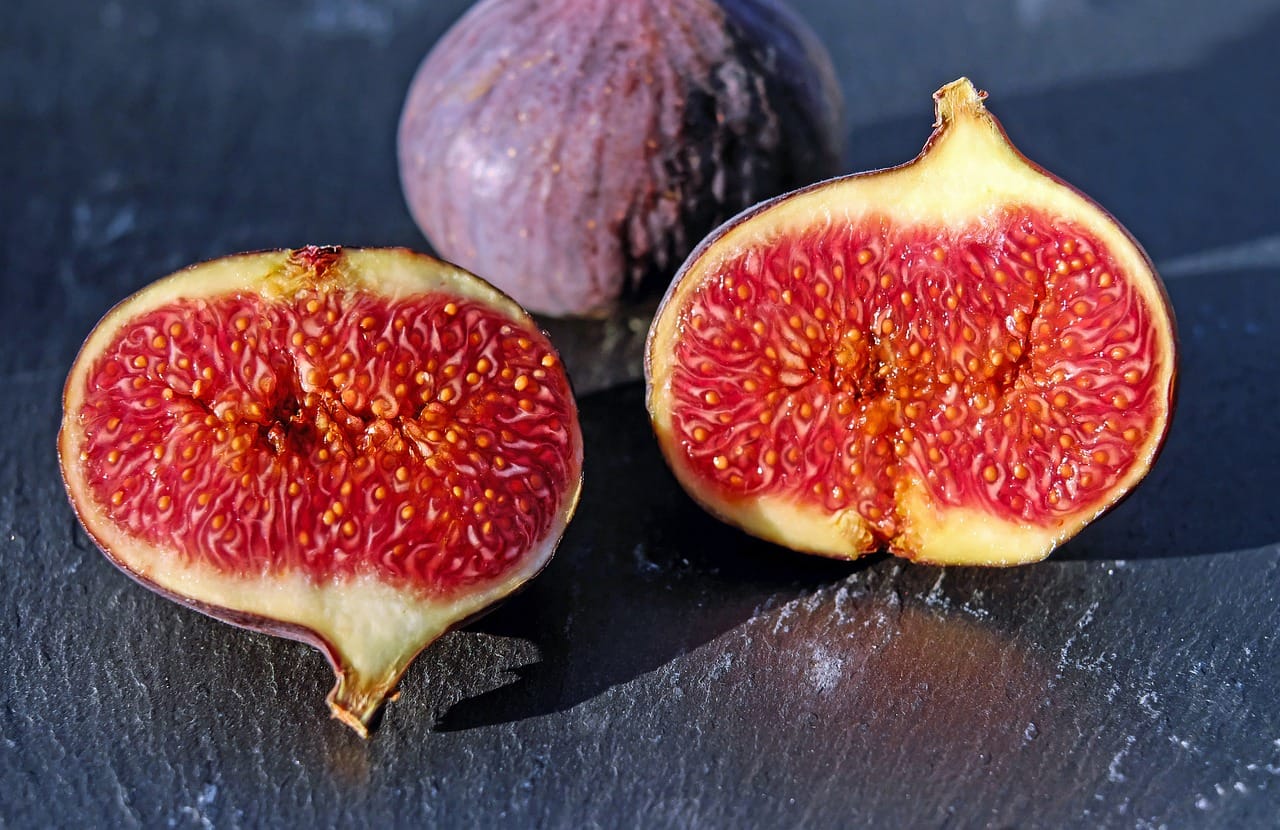
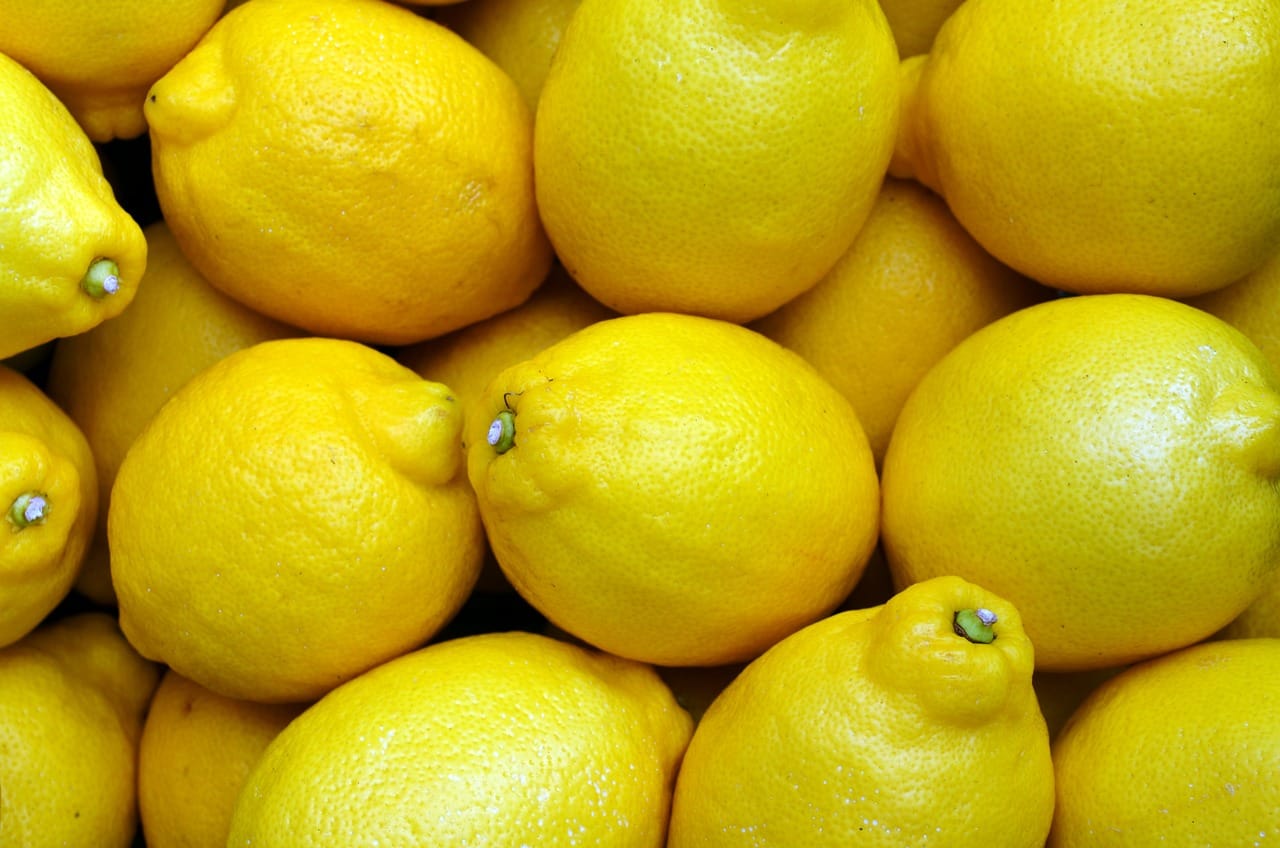
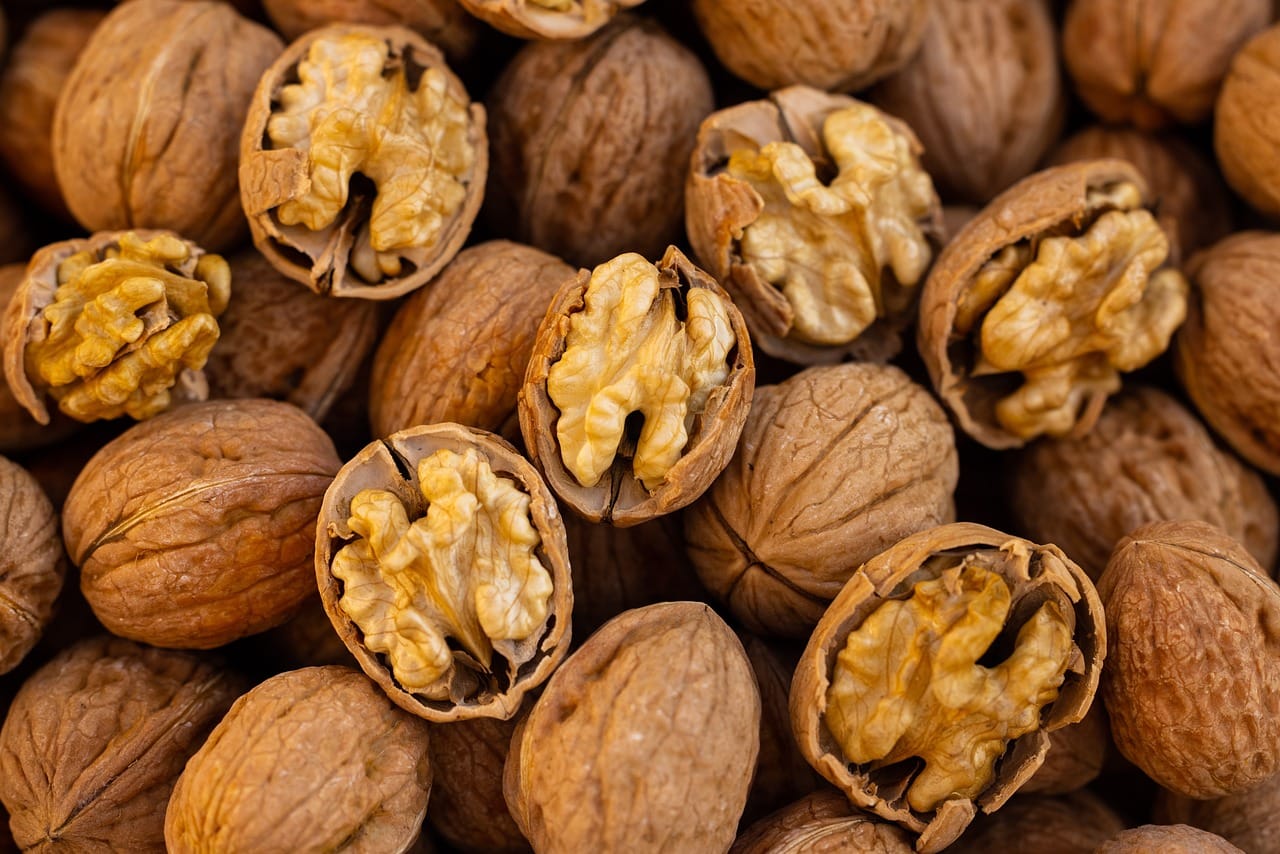
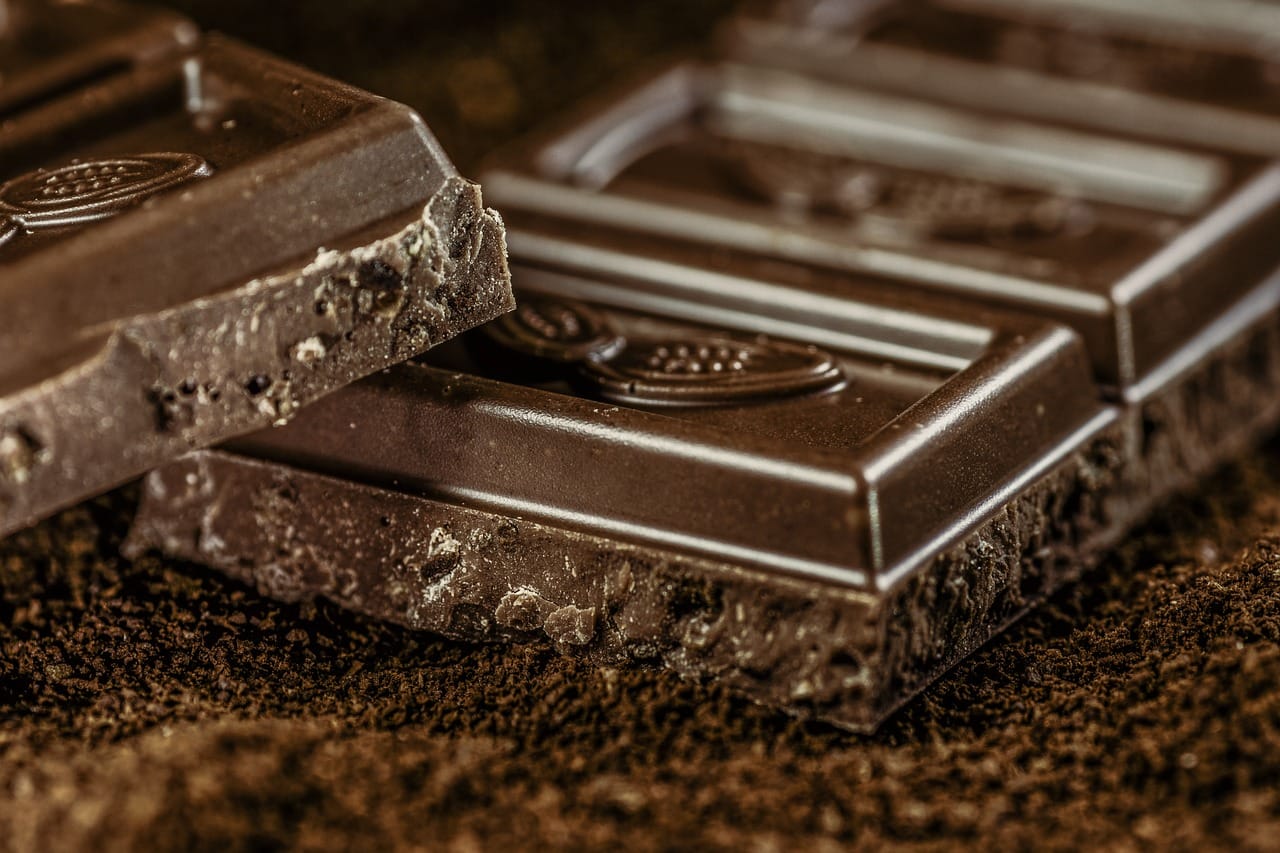


Leave a Reply